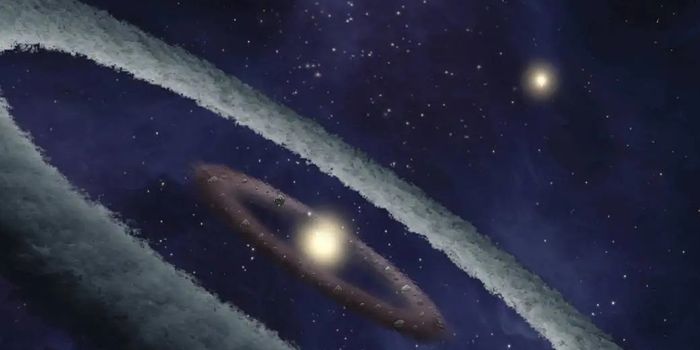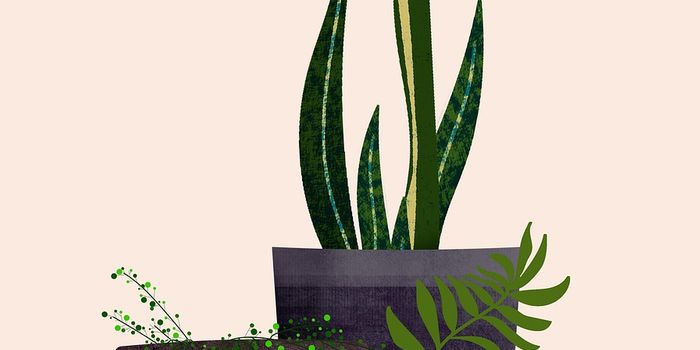Introducing the most eco-friendly pet: the caterpillar that eats plastic bags
Eighty million tons of plastic polyethylene are produced every year and much of those once-used plastic bags and packaging ends up in landfills, where they can take hundreds of years to decompose. The biotech industry has been looking for a solution to minimize our plastic waste, and Dr. Bombelli and colleague Federica Bertocchini from the Cambridge University might have just discovered it. The biochemists found that the wax worm, the larvae of the common insect Galleria mellonella, or greater wax moth, is able to degrade plastic. The research is published in the journal Current Biology.
The worms live across Europe as parasites in bee hives. Bertocchini, is a beekeeper, and she found the worms’ utility by accident when she took them out from honeycombs in her hives and left them in a plastic bag. Later she found that the bag had holes in it and embarked on her experiments.
The scientists put one hundred wax worms in a plastic bag from a UK supermarket and left them to do their thing – which they did, after only 40 minutes. Twelve hours later they had reduced the mass of the bag by 92mg. The researchers say that if they can discover how the chemistry works behind the worms’ process, it could mean big things for managing plastic waste in the environment.
"We are planning to implement this finding into a viable way to get rid of plastic waste, working towards a solution to save our oceans, rivers, and all the environment from the unavoidable consequences of plastic accumulation," said Dr Bertocchini.
The researchers conducted spectroscopic analysis which showed how the worms transformed the polyethylene into ethylene glycol, representing un-bonded 'monomer' molecules, explains Phys. They also determined that it wasn't just the caterpillars’ chewing that broke down the plastic, rather something about the worms themselves.
"The caterpillars are not just eating the plastic without modifying its chemical make-up. We showed that the polymer chains in polyethylene plastic are actually broken by the wax worms," said Bombelli. "The caterpillar produces something that breaks the chemical bond, perhaps in its salivary glands or a symbiotic bacteria in its gut. The next steps for us will be to try and identify the molecular processes in this reaction and see if we can isolate the enzyme responsible."
More research will be necessary to reach this point, but the team is hopeful for the implications that their caterpillars could have as a biotechnological solution for managing plastic waste.
Sources: BBC Environment, Phys, Gizmodo









